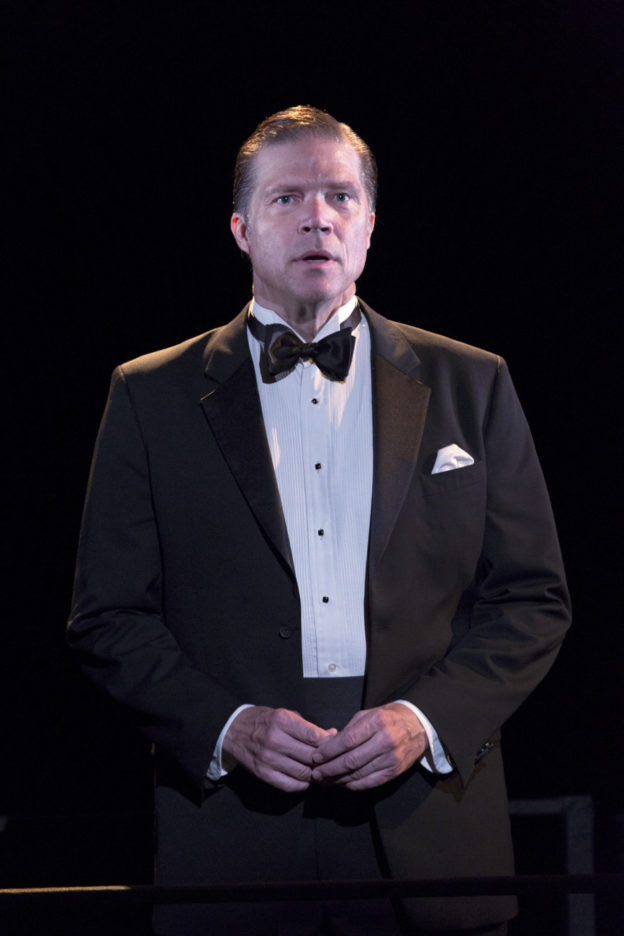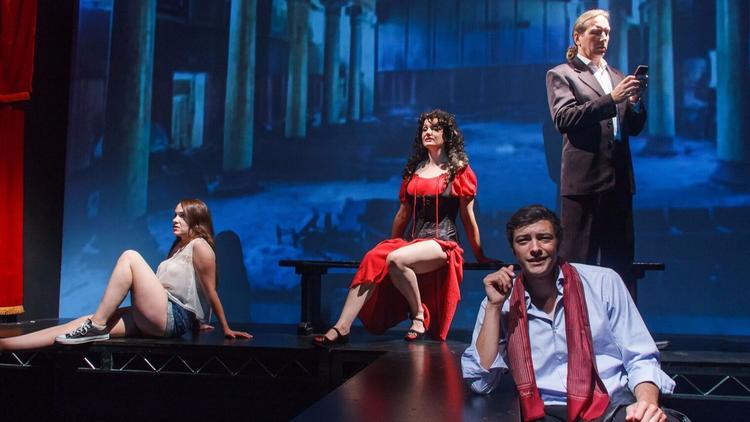“We begin as piano virtuosos and then start rummaging about and foraging in the human sciences and philosophy and finally go to seed. Because we didn’t reach the absolute limit and go beyond this limit, I thought, because we gave up in the face of a genius in our field. But if I’m honest I could never have become a piano virtuoso, because at bottom I never wanted to be a piano virtuoso, because I always had the greatest misgivings about it and misused my virtuosity at the piano in my deterioration process, indeed I always felt from the beginning that piano players were ridiculous; seduced by my thoroughly remarkable talent at the piano, I drilled it into my piano playing and then, after one and a half decades of torture, chased it back out again, abruptly, unscrupulously. It’s not my way to sacrifice my existence to sentimentality.” — The Loser, by Thomas Bernhard*

In the novel The Loser—Bernhard’s comedic 1983 screed on artistry, obsession, and mediocrity—a garrulous narrator recounts, with comedic vitriol, the lifelong consequences of a summer he and his friend Wertheimer spent with the young pianist Glenn Gould at the Mozarteum in Salzburg, all under the instruction of Vladimir Horowitz.
Once the narrator and Wertheimer—labeled “the loser” by Gould in the novel—finally realize that their talents will never equal Gould’s, they abandon their pianos. The narrator gives his Steinway to the nine-year-old daughter of a schoolteacher, who ruined it “in the shortest period imaginable, I wasn’t pained by this fact, on the contrary, I observed this cretinous destruction of my piano with perverse pleasure.”*
The narrator’s story had a profound effect on David Lang when he read the novel in the late 1990s: “I couldn’t read it silently. I ended up yelling the entire book to my reflection in the mirror in my bathroom, from start to finish, which was very exciting. And that day I started imagining what it would be like to add music to it.”
The result is Lang’s hour-long opera the loser. For his libretto, Lang was compelled by necessity to eliminate much of Bernhard’s text, including the long-winded political diatribes—there was nothing the Austrian author hated more than Austrian society. Lang’s focus was the persona of the narrator, and “managing our [changing] perceptions of a character” became the way to bring action to the piece.
Not that the protagonist moves around much. In Lang’s dramatic staging, the narrator stands atop a twenty-foot-high platform, suspended in space and performing exclusively for the audience in the balcony. (Orchestra seats are not occupied for the production.) During the second half of the loser a piano (and pianist) appear on stage, and delicate, ghostly sounds echo throughout the auditorium.

This astonishing work premiered at the Brooklyn Academy of Music in 2016, with baritone Rod Gilfry as the narrator, and Conrad Tao on piano. The LA Opera Off Grand presentation of the loser brings both of these artists to downtown Los Angeles, joined by Bang on a Can Opera—Isabel Hagen (viola), Mariel Roberts (cello), Pat Swoboda (double bass), Owen Weaver (percussion)—and conducted by Lesley Leighton.
The lighting design is by Jennifer Tipton, the sets by Jim Findlay, and costumes were designed by the performance and installation artist Suzanne Bocanegra.

Friday and Saturday, February 22 and 23, at 8 pm.
Theatre at Ace Hotel
929 South Broadway, downtown Los Angeles.
*Thomas Bernhard, The Loser, translated by Jack Dawson (New York: Alfred A. Knopf, 1991). Thomas Bernhard, Der Untergeher, © 1983 Suhrkamp Verlag, Frankfurt.

From top: Rod Gilfry as the narrator in the loser; Gilfry (right) and Karina Cannelakis (conducting) in Brooklyn, 2016; Conrad Tao; David Lang; Gilfry (foreground) and Tao. Performance photographs of the loser by Richard Termine, September 2016, Howard Gilman Opera House, Brooklyn Academy of Music, © 2016 Richard Termine. Conrad Tao portrait by Brantley Gutierrez; David Lang portrait by Peter Serling.









